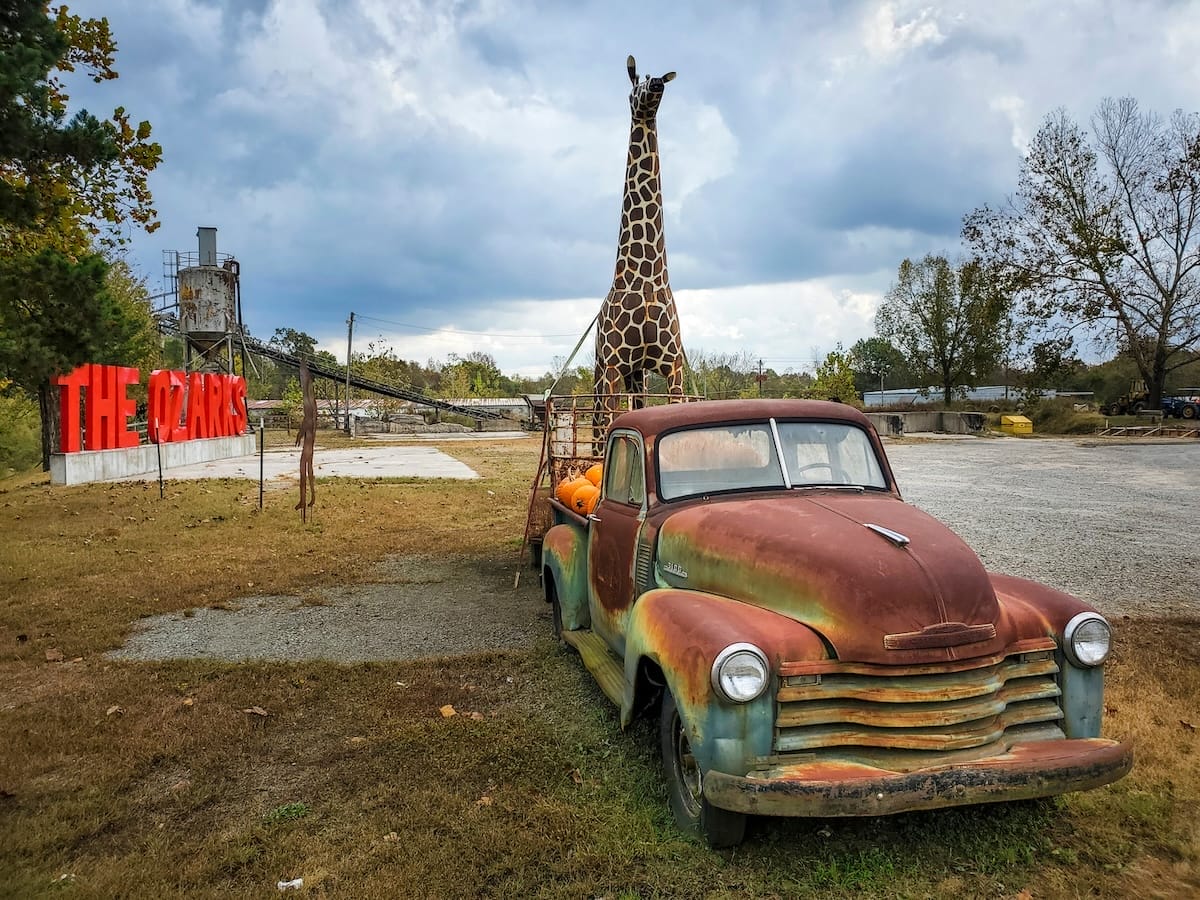

Uh oh...
It appears that you're using a severely outdated version of Safari on Windows. Many features won't work correctly, and functionality can't be guaranteed. Please try viewing this website in Edge, Mozilla, Chrome, or another modern browser. Sorry for any inconvenience this may have caused!
Read More about this safari issue.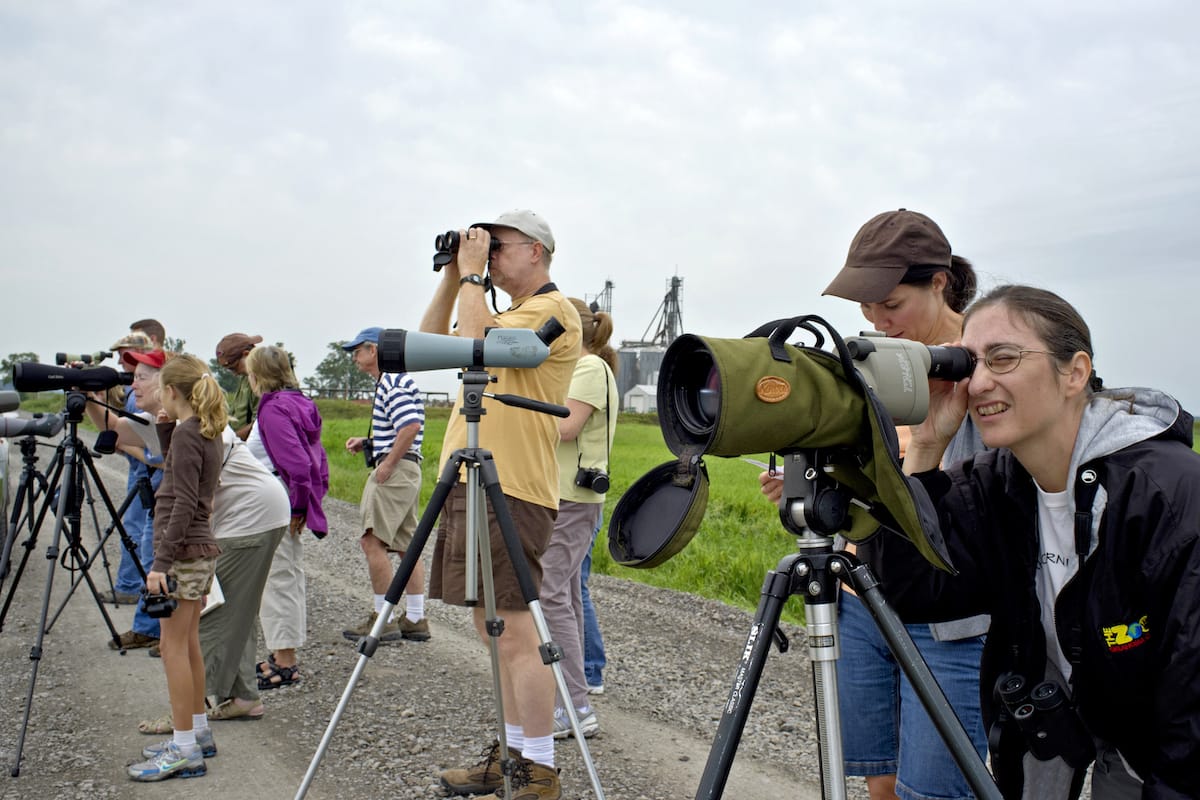

Citizen science (or community science) is when regular citizens gather and report information and scientific data. The Cornell Lab of Ornithology defines it as “projects in which volunteers partner with scientists to answer real-world questions.” Citizen science is not a new concept, but technology (primarily cellphones and apps) have paved the way for more citizens to become involved in projects designed to learn more about our planet and the plants and animals that inhabit it.
Arkansas has a diverse habitat and biosystem. When our citizens get involved with monitoring and protecting those systems, it helps to ensure that Arkansas’s plants and animals are healthy for generations to come. Citizen science is a great way to pair technology with getting out into the great outdoors. It is perfect for school groups, scouting groups, families and even individuals. In citizen science, every observation counts. Check out these citizen science opportunities around Arkansas.
Arkansas Tickborne Disease Project
Ticks can be problematic. They are in abundance and can cause a variety of illnesses. A research team with the University of Arkansas is calling on citizen scientists to help them collect live tick samples from around the state. The study is supported by a grant from the Arkansas Biosciences Institute.
Participants are asked to collect live ticks with intact mouthparts and record the location where the tick was collected. Ticks can be collected from harvested deer, pets or by trapping.
Results will update on a real-time interactive map which can be viewed here.
Visit the University of Arkansas Cooperative Extension Service website for more information on this project. You can also get a free collection kit from your local extension office. Collection kits for 2019 are available the second week of May.
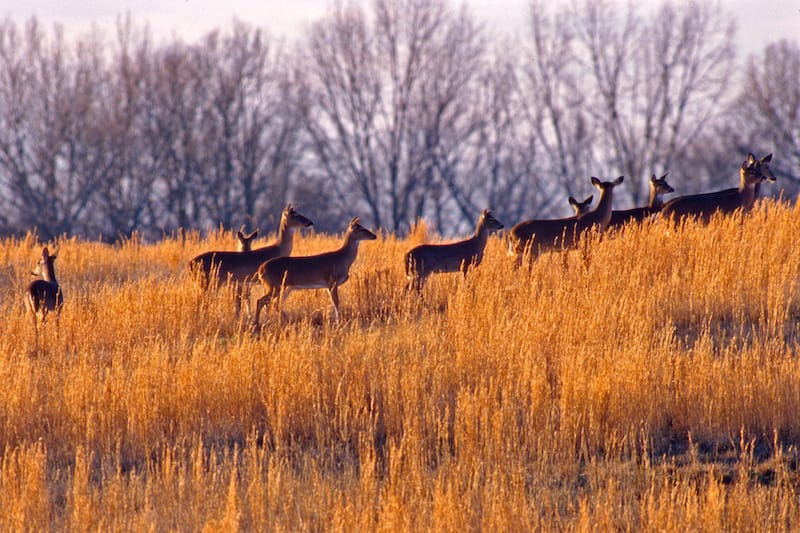
Chronic Wasting Disease (CWD) Testing
Chronic Wasting Disease was first discovered in Arkansas’s deer population in 2016. The fatal neurological disease is said to be similar to “Mad Cow Disease.” However, CWD is very slow progressing, so many infected animals will not show any signs or symptoms that they carry the disease.
While no scientific evidence suggests that CWD is transferrable to humans, the Center for Disease Control and the Arkansas Game and Fish Commission both recommended having all deer tested for CWD and that you dispose of any meat from a deer that tests positive.
As of April 24, 2019, CWD has been discovered in 12 Arkansas counties although Newton county appears to be a hot spot. Therefore, AGFC has enacted special regulations to help control the spread of CWD. They can be found here.
The AGFC offers many avenues for hunters to have their deer or elk tested. All elk harvested in Arkansas must be submitted for a CWD test. Providing samples for CWD from deer is voluntary, but highly encouraged by the AGFC and the Centers for Disease Control. You can learn more here.
2019 AGFC Turkey Summer Brood Survey
The Annual Summer Brood Survey has been conducted since 1982 to monitor trends in reproductive output and gobbler carry-over, however, this will be the first year this survey is open to the public. Jeremy Wood, Turkey Program Coordinator with AGFC, said that the majority of 2019 data results came from only seven of our 75 counties. To collect the most accurate and relevant data, statewide participation is needed. According to Wood, during the survey period, participants document observations of wild turkey hens (females), jakes & gobblers (juv. & adult males), poults (young of the year), broods (groups of young turkeys), an age estimate of poults, along with date and location information. This data is then used to calculate a reproductive estimate (poult: hen ratio), a gobbler carry-over estimate (gobbler: hen ratio), as well as backdate timing of reproductive activities (hatching, incubation, nest initiation).
Survey Dates: June 1 — Aug. 31, 2019
Online and Printable Survey
NOTE: The survey will not be available online until closer to the June 1 start date.
2019 AGFC Quail Brood Survey
The Quail Brood Survey is very similar to the Turkey Brood Survey and requires participants to submit a data sheet at the end of each month of the three-month survey. Participants should feel comfortable identifying quail by their whistle.
Interested individuals may contact Marcus Asher at Marcus.Asher@agfc.ar.gov.
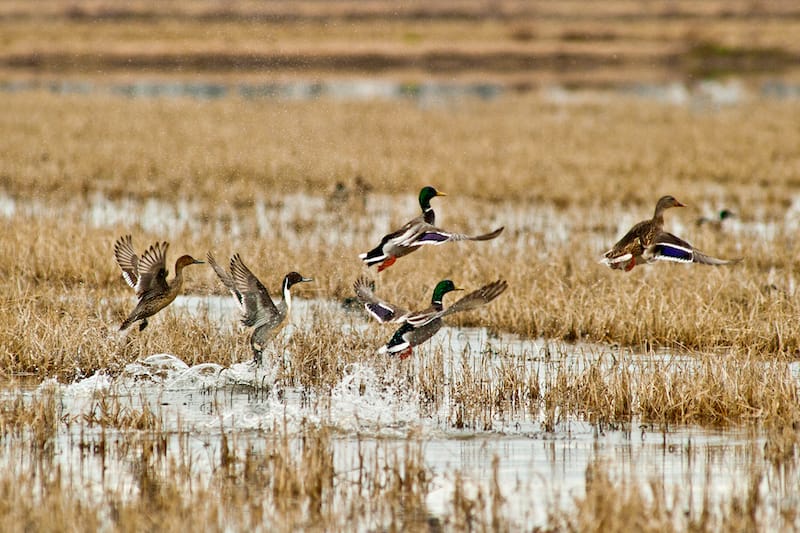
Duck Band Reporting
Bird banding is one of the oldest “citizen science” projects and was first performed by world-famous naturalist and artist, John James Audubon in 1803.
Arkansas’s duck hunters have been collecting bands for years. Arkansas waterfowl hunters proudly display the bands on lanyards, but they also serve an essential purpose. Banding is done to track migration patterns of specific bird species and to gain information about the health of individual species as well as population and distribution.
For the bands to serve their purpose, hunters must be willing to report the information. In the past, hunters had to call in or send a letter with the information including a graphite rubbing of the band.
Since 2017, bird bands may now be quickly reported with just a few clicks HERE.
Frog Watch USA
Frog Watch USA encourages volunteers to collect and contribute information about the breeding calls of frogs and toads to a national data set that is publicly available online. The data collected by thousands of FrogWatch USA volunteers across the United States are then analyzed to inform the development of environmental protection and amphibian conservation strategies.
Local groups participating in Frog Watch USA include:
Little Rock Zoo FrogWatch USA
Little Rock Zoo, Little Rock
North Central Arkansas FrogWatch
North Central Arkansas Master Naturalists, Bull Shoals
Northark FrogWatch USA
North Arkansas College, Harrison
Northeast Arkansas FrogWatch
Northeast Arkansas Master Naturalists, Jonesboro
Northwest Arkansas FrogWatch
Northwest Arkansas Master Naturalist Program, Bentonville
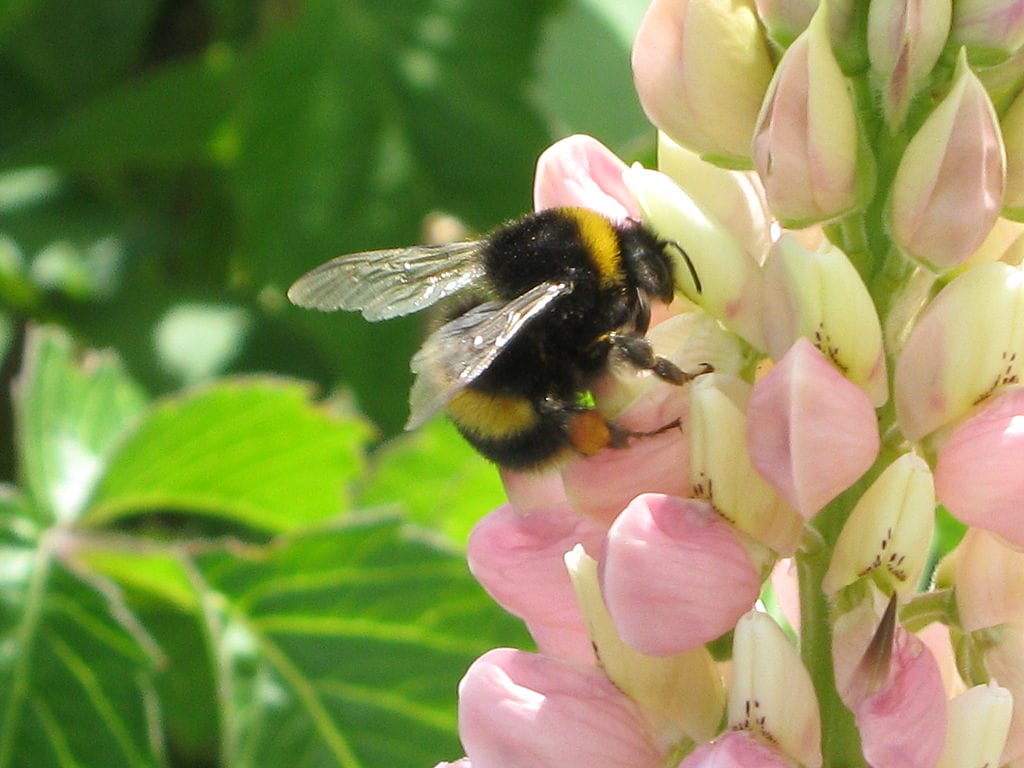
Bumble Bee Watch
Bumble Bee Watch is a collaborative effort to track and conserve North America’s bumble bees. Participants in this study are encouraged to create a bumble bee habitat and then observe the bees. Photographs and collected data can be submitted on the project’s website or by downloading the Bumble Bee Watch iPhone and iPad app.
Migratory Dragonfly Partnership (MDP) and Pond Watch
This international project is looking for participants across the United States, Mexico and Canada in hopes of gaining a better understanding of North America’s Dragonfly Migration. Participants in the study will visit the same pond or wetland throughout the year and gather information about the presence, emergence, and behavior of the five main migratory dragonfly species.
If you are interested in participating in the MDP and Pond Watch program, visit the MDP website and log in as a new user. You will want to download the project flyer and the monitoring protocols. Once you have collected data, you can upload in by logging into the site or with the Dragonfly ID app.
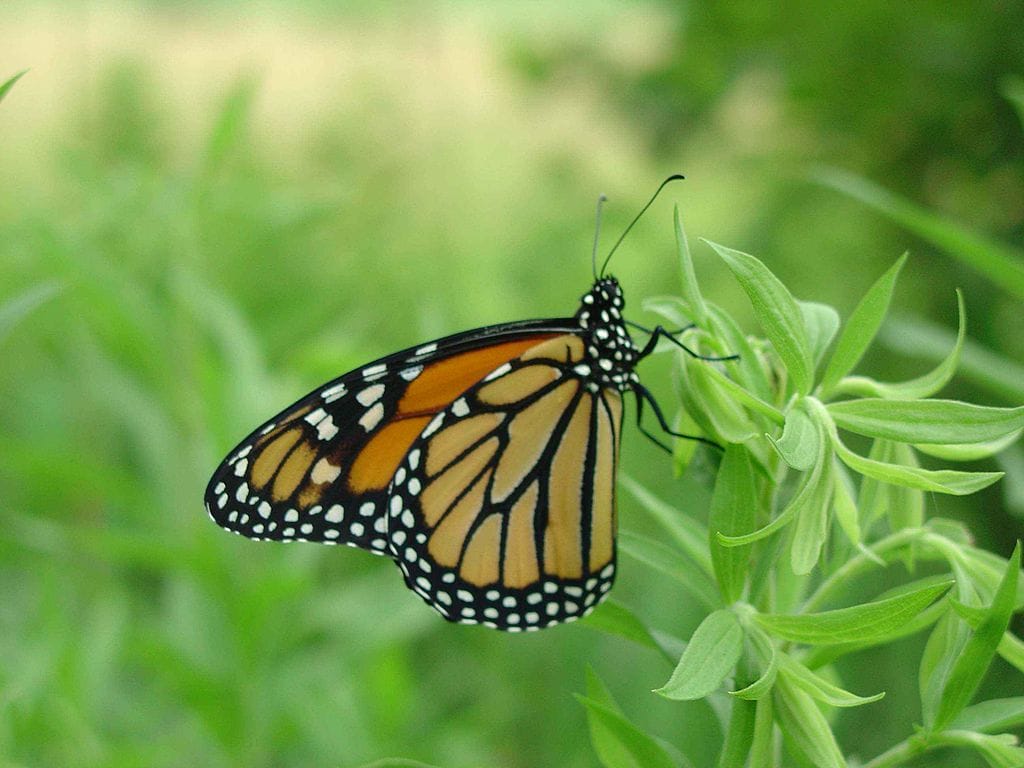
Botanical Gardens of the Ozarks — Butterfly Research
In a partnership with University of Arkansas professor Dr. Erica Westerman, the Botanical Gardens of Ozarks is helping to collect data which will help scientists address questions concerning animal behavior, diversity and NWA pollinator community health. Dr. Westerman is specifically tracking the relationship between butterfly pattern and butterfly behavior. More specifically, what flowers they visit, what time of day they are active and what weather conditions they fly in.
Visitors who wish to participate in the research can pick up a data checklist from the BGO Visitors Center. Visitors will make notes regarding butterfly species and behavior that they observe during their visit. The data will be compiled with records of other visitors and information collected from temperature and light sensors around the gardens.
For more information, visit the Botanical Gardens of the Ozarks website.
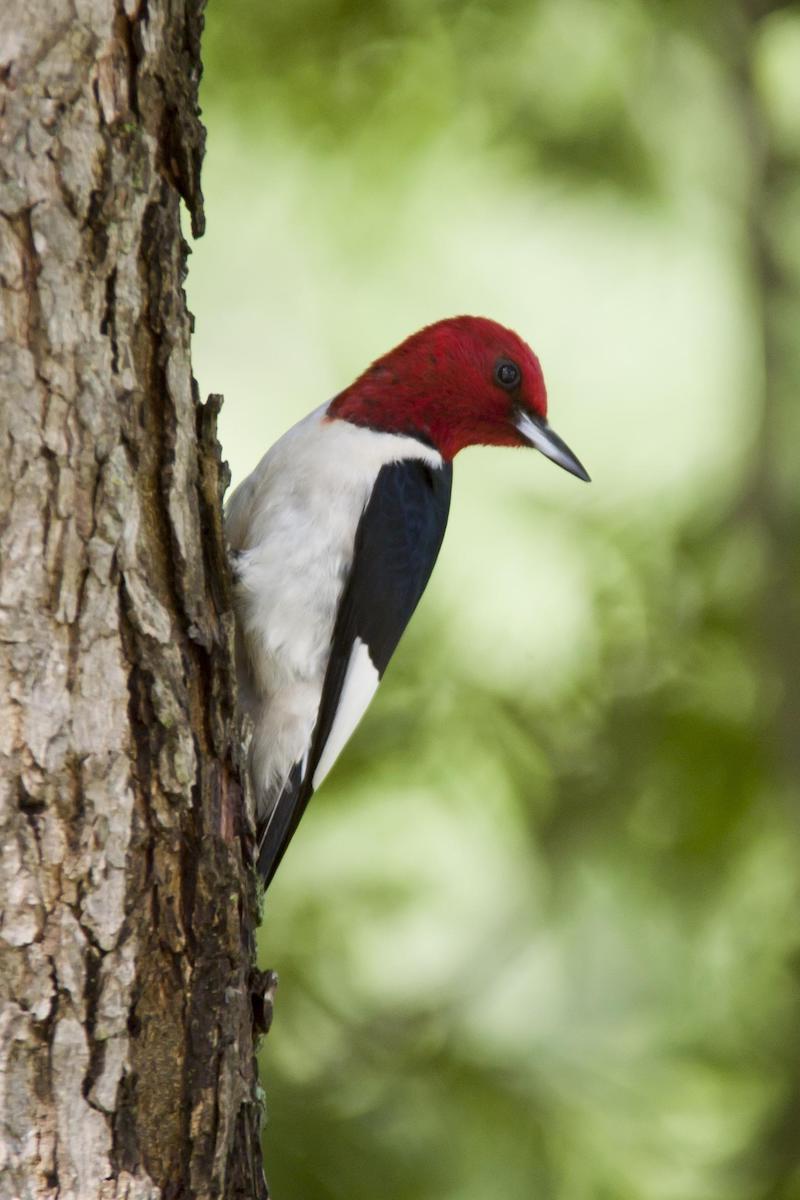
Birding
Audubon Arkansas, along with the Audubon Society offers a range of Community Science programs that are suitable for birders of all degrees of experience. Available programs include:
Christmas Bird Count
Great Backyard Bird Count
Hummingbirds at Home
Climate Watch
Nest Watch
Project Feeder Watch
iNaturalist
iNaturalist is an online community of citizen scientists. You can connect with over 750,000 scientists and naturalists and learn to identify plants and animals in your area. By recording your observations, you can contribute to a more significant data set and help scientists better understand the plants and animals we see every day. You can use iNaturalist online or download the iPhone or Android App.
Currently, there are more than 50 iNaturalist projects directly related to Arkansas, including:
eBird
The Cornell Lab of Ornithology created eBird to allow citizens to contribute data about birds they observe while on nature hikes or even in their own backyards.
The app is designed to populate a list of most likely species based on your geographic information. The app easily guides you to identify and track species so you can submit Your sightings contribute to hundreds of conservation decisions and peer-reviewed papers, thousands of student projects, and help inform bird research worldwide.
eBird also allows you to create personal life lists and create detailed records of your own observations.
You can use ebird on your desktop or in the field both on and offline with the iPhone and Google Play apps.
Want to learn more?
This fall the Logoly State Park in McNeil will be hosting a citizen science workshop. Participants will spend at least an hour walking around park grounds, observing wildlife. Then, each participant will be guided to citizen science outlets (e.g., eBird, iNaturalist, etc.), where you can submit your wildlife findings. Contact your local state park if you are interested in having them host a similar workshop.
Workshop: Thinking Like a Citizen Scientist
Location: Logoly State Park (McNeil)
Date: Oct. 12, 2019
Time: 1 — 3 p.m.
Cost: Free, but space is limited
Arkansas Organizations that Support Citizen Science
Citizen science opportunities are continually changing and benefit organizations all over the state. Each of the organizations below regularly hosts or participates in citizen science projects. Contact them for more opportunities.
Arkansas Natural Heritage Commission
US Fish and Wildlife — Region 4
Arkansas Game and Fish Commission
University of Arkansas Extension Service
All photos courtesy of Arkansas Department of Parks and Recreation unless otherwise noted.
Join the Conversation
Leave a Comment
One response to “Arkansas Citizen Science Opportunities”
 Leave a Reply
Leave a Reply
We do the work.
You check your email.
Sign up for our weekly e-news.
Get stories sent straight to your inbox!











 Leave a Reply
Leave a Reply
[…] Sasse, with the Arkansas Game and Fish Commission, ran a citizen science program for several years to collect information on the spotted skunks. The species has always been […]